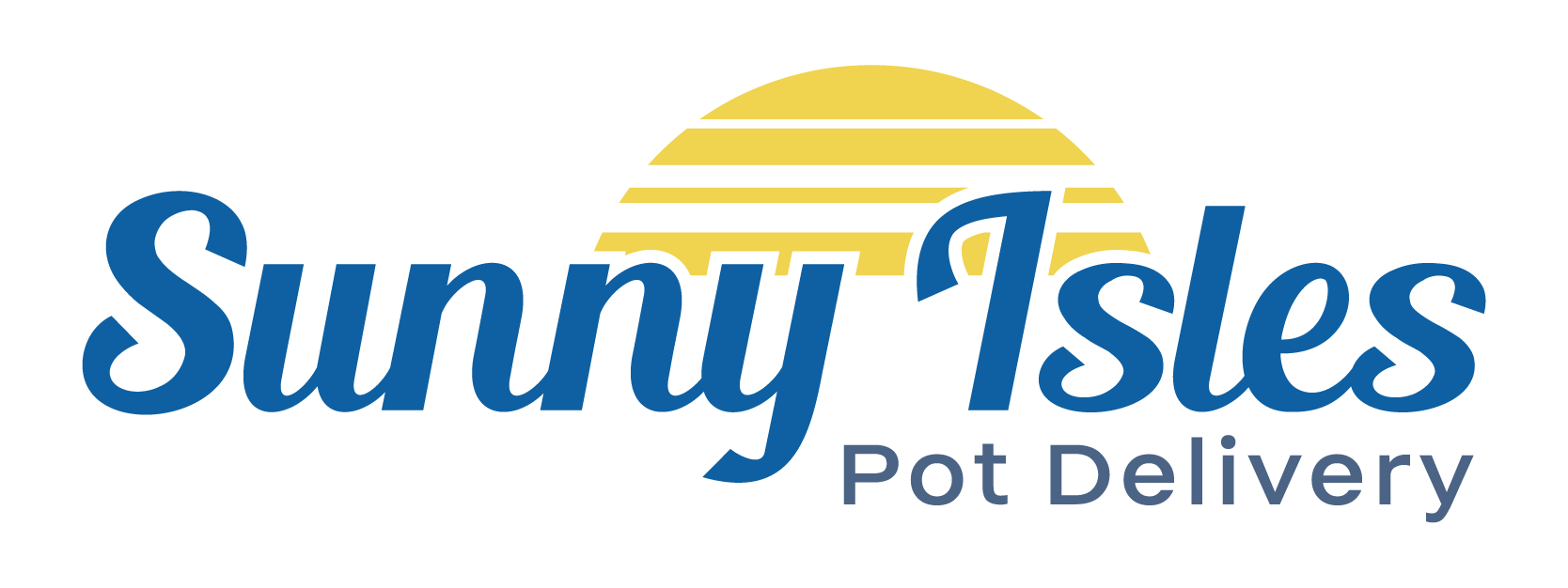When it comes to cannabis products, many customers have questions about THC limits and how medical marijuana products differ from what’s sold in local smoke shops. Understanding the legal boundaries and product differences is key to making informed choices—especially when your health is the priority.
Florida’s THC Limits for Medical Marijuana
Florida’s medical marijuana program is highly regulated by the state’s Office of Medical Marijuana Use (OMMU). Specific THC limits are placed on each type of product and route of administration to ensure safe, consistent use among registered patients.
Smokable Cannabis (Flower)
Patients can receive up to 2.5 ounces of flower every 35 days, with a maximum possession limit of 4 ounces at any given time. This includes whole flower, ground flower, and pre-rolls.
Non-Smokables (Total 70-Day Limit of 24,500 mg THC)
Medical marijuana patients also have access to non-smokable forms, each with its own daily THC cap:
- Edibles: Max 60 mg THC per day (4,200 mg over 70 days)
- Vapes/Inhalation: Max 350 mg THC per day
- Oral products (like capsules): Max 200 mg THC per day
- Sublinguals (tinctures under the tongue): Max 190 mg THC per day
- Topicals: Max 150 mg THC per day
- Suppositories: Max 195 mg THC per day
These daily limits are cumulative, and the total amount of THC dispensed across all product types must stay under 24,500 mg during each 70-day period.
What is THCA and Why Is It in Smoke Shops?
You may have noticed a rise in THCA flower and vape products sold at local smoke shops. THCA (tetrahydrocannabinolic acid) is the raw, non-psychoactive form of THC found in cannabis. When heated—through smoking, vaping, or cooking—THCA converts into Delta-9 THC, which is the compound that produces psychoactive effects.
Because THCA products are often derived from federally legal hemp and contain less than 0.3% Delta-9 THC by dry weight, they are technically legal under the 2018 Farm Bill. That’s why you can find them outside of medical dispensaries.
However, the legality of THCA products in Florida remains a gray area. They are not subject to the same testing, quality control, or medical guidance that dispensary products go through. Despite being sold widely, these products aren’t regulated under the state’s medical marijuana laws, which means consumers take on more risk.
Key Differences Between Dispensary Products and THCA in Smoke Shops
The main distinction lies in regulation and safety. Medical cannabis sold in Florida dispensaries is strictly controlled and overseen by the Department of Health. Products must be tested for potency, purity, and contaminants, and are dispensed based on physician recommendations tailored to individual patient needs.
By contrast, THCA products found in smoke shops are not subject to the same rigorous standards. While some companies may provide third-party lab results, it’s not legally required. The lack of consistent oversight raises concerns about product reliability, contamination, and potency accuracy.
Another major difference is medical support. Dispensaries work closely with physicians and provide customer service teams trained to help patients manage symptoms effectively. Smoke shops don’t offer medical consultations, and the staff may not be educated on proper dosing or usage for therapeutic purposes.
Finally, there are legal protections to consider. Patients registered with Florida’s Medical Marijuana Use Registry are legally protected when purchasing and using products from licensed Medical Marijuana Treatment Centers (MMTCs). Using THCA products from smoke shops offers no such guarantee, and consumers could risk legal confusion or even potential consequences if products are misused.
Final Thoughts
For medical patients in Sunny Isles and surrounding areas, understanding the differences between dispensary products and what’s sold in smoke shops is more than a legal concern—it’s about health, safety, and results. While THCA may seem like a convenient option, it lacks the reliability, transparency, and physician guidance that Florida’s medical cannabis program is built around.
If you’re a registered patient, your best bet is always to stick with licensed dispensaries for safe, effective, and compliant cannabis care.
